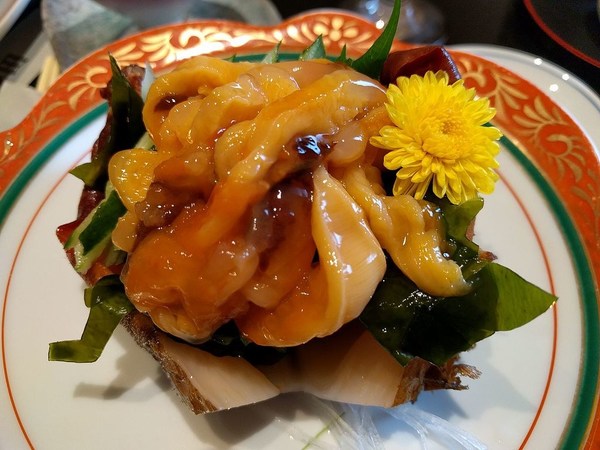SUZHOU, China, May 17 2022 /PRNewswire/ -- If you have ever looked in the mirror and seen greying hair and wrinkles or forgotten the name of a close friend, you'd be forgiven for wishing for a pill that could slow or even reverse the effects of ageing.

A study by an international team of researchers from Xi'an Jiaotong-Liverpool University (XJTLU) and other universities suggests that supplementing a diet with sea squirts reverses some signs of ageing in an animal model.
A new study suggests that this may not be such a fantasy. Researchers from Xi'an Jiaotong-Liverpool University, Stanford University, Shanghai Jiao Tong University, and the Wenzhou Institute of the University of Chinese Academy of Sciences have reported that supplementing a diet with the sea organisms Ascidiacea, also known as sea squirts, reverses some of the main signs of ageing in an animal model.
Sea squirts can be eaten raw and are found in dishes from Korea and Japan. These sea organisms contain substances called plasmalogens, which are vital to our body processes. Plasmalogens are found all over our bodies naturally, particularly in the heart, brain and immune cells, but as we get older, the amount in our body decreases. This loss is also a characteristic of several neurodegenerative diseases, including Alzheimer's disease and Parkinson's disease.
To investigate whether boosting the levels of plasmalogens can stave off the effects of ageing, the researchers studied the effects of adding plasmalogens to the diet of aged mice.
They found that the supplements had profound effects on the learning abilities and physical symptoms of these mice.
Professor Lei Fu, the corresponding author of the study, says: "Our research suggests that plasmalogens may not just stop cognitive decline, but may reverse cognitive impairments in the ageing brain. Additionally, aged mice fed with the plasmalogens grow new black hair that is thicker and glossier than aged mice not fed the supplement."
This study is the first to show, in detail, how plasmalogens affect the ageing brain.
For more information, please see the full media release or the study, which was published in Frontiers in Molecular Biosciences.
Xi'an Jiaotong Liverpool University (XJTLU), the largest Sino-foreign joint-venture in China, was established in 2006 by the University of Liverpool in the UK and Xi'an Jiaotong University in China.







